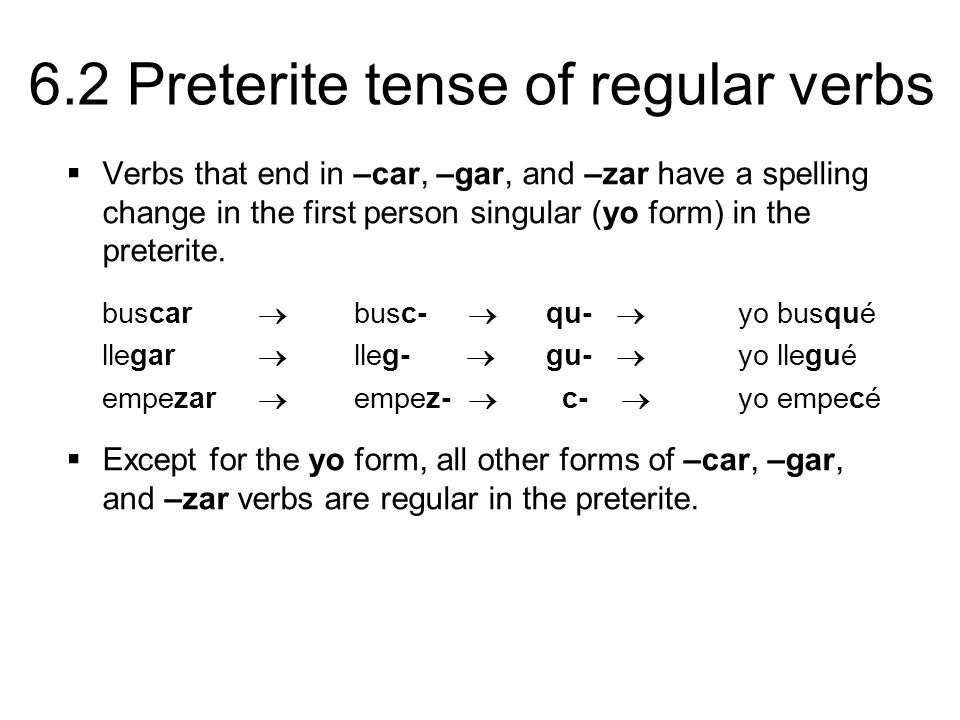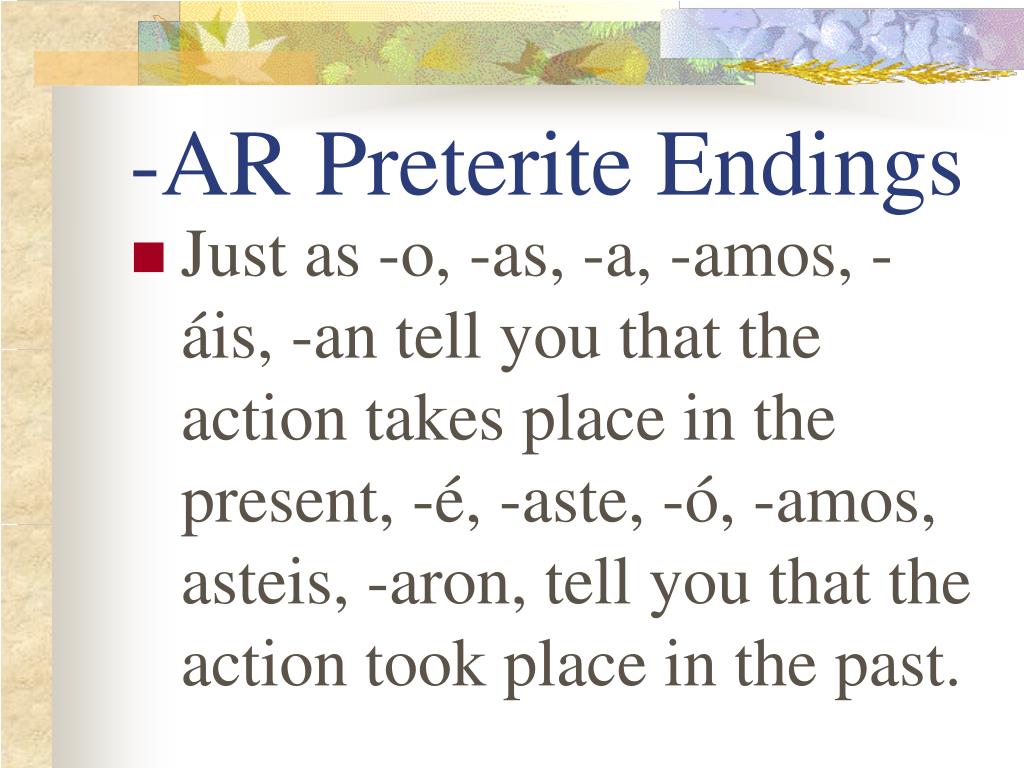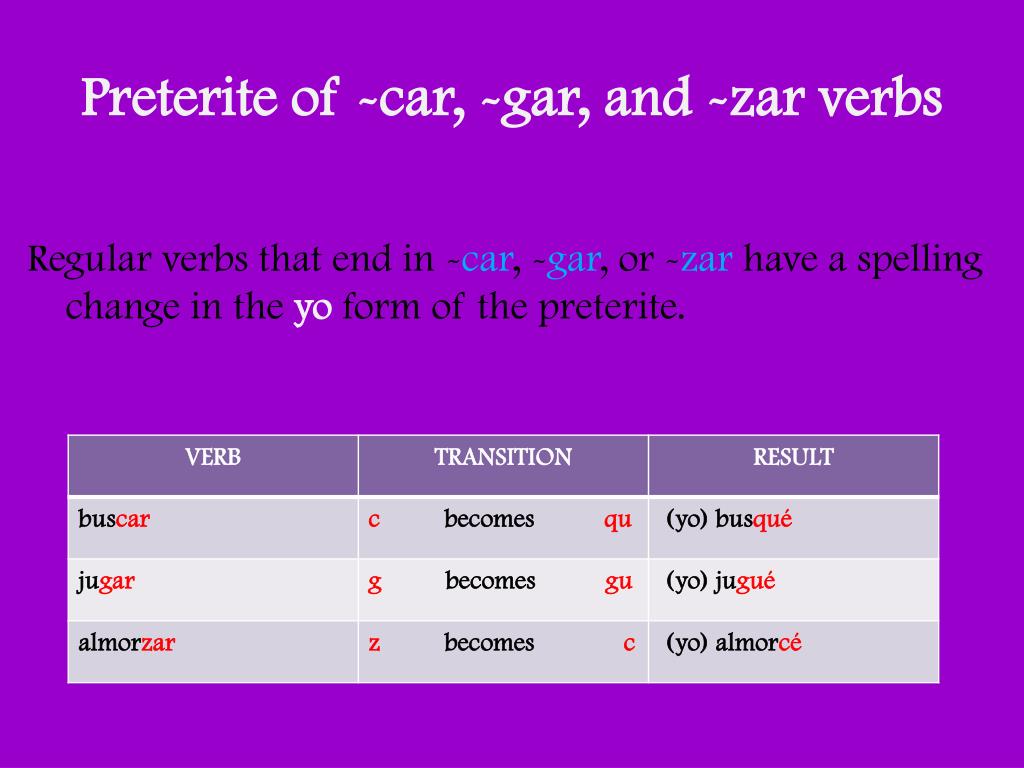

Grammar: present tense of regular -ir verbs, ir and ir+a+infinitive, the verb saber, the verb tener and expressions with tener, the gerund, the present progressive, the verb hacer, translations of "to be" in Spanish, possessive adjectives, the position of adjectives, shortened forms of adjectives, hace + time + que + present tense, the personal a, collective nouns, common prepositions, prepositional object pronouns, direct object pronouns, the verb venir, indirect object and direct object pronouns, gustar and verbs like it, the verbs dar and decir, etc. Topics: clothing, colors, sizes, the body and health, family relationships, food, likes and dislikes Grammar: uses and conjugation of the verbs ser and estar, hay, simple negation, gender and number of nouns and adjectives, punctuation, subject pronouns, indefinite and definite articles, the contractions del and al, possession with de, question words, numbers, cognates, telling time, the infinitive, present tense of regular -ar and -er verbs, days of the week, demonstrative adjectives and pronouns, etc. Topics: greetings and introductions, asking for information, clock time, work, weather, months, seasons. We currently have online Spanish classes available for groups and individuals.įor the Beginner and Intermediate Spanish levels we use Ultimate Spanish Beginner-Intermediate by Living Language and Complete Spanish Grammar (Premimum 3rd or 4th Edition) by McGraw-Hill.
#Car preterite endings full
We also offer Intensive, Full Immersion, as well as Medical Spanish classes. Check our Weekly Schedule for times and days of our Spanish lessons. Each level is divided into four sub-levels: A, B, C, and D. The Spanish weekly classes and Spanish intensive classes are structured into three levels: beginner, intermediate, advanced. Spanish pronunciation varies from country to country but differences are not so great as to make the language unintelligible to speakers from different areas. Spanish originated in Castile, a region of Spain. In Africa it is also spoken in Equatorial Guinea and Western Sahara. There are more than 400 million Spanish speakers and it is one of the official languages of the United Nations.

In the United States more than 30 million speak Spanish as mother tongue.

It is spoken in Spain, Mexico, Central and South America. Spanish is the most widely spoken of the Romance languages, both in terms of numbers and in terms of speakers. Learn Spanish at Santa Monica Language Academy.


 0 kommentar(er)
0 kommentar(er)
